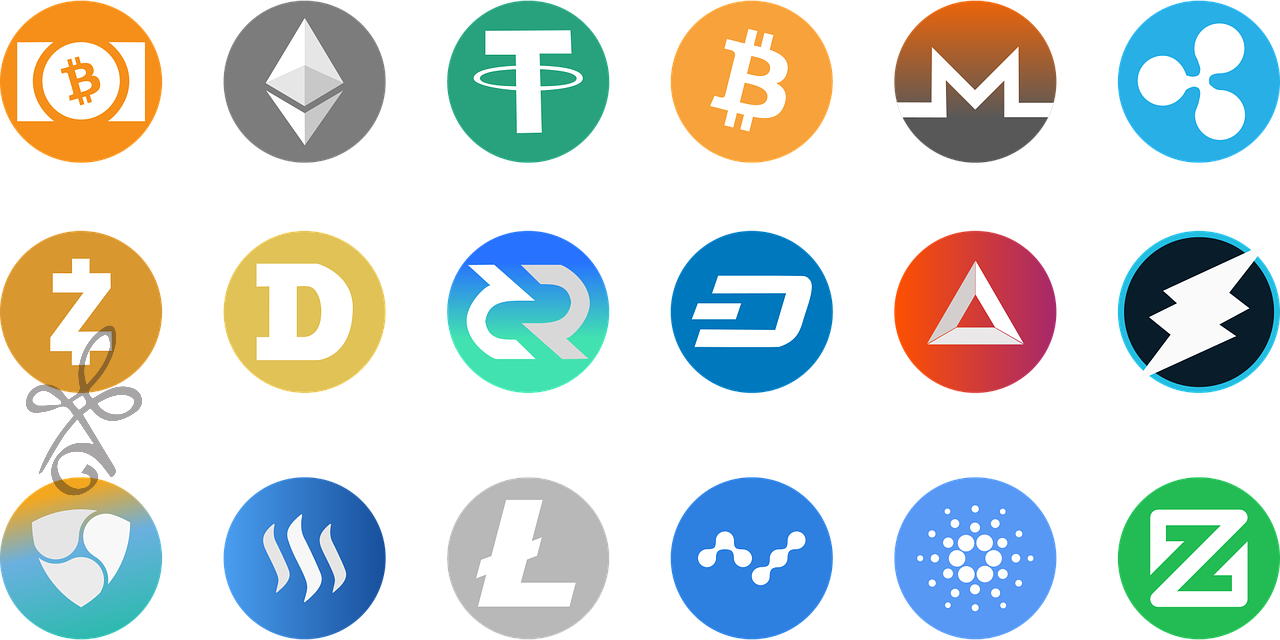The traditional model of education often feels rigid, outdated, and exclusionary. It reinforces centralised structures and tends to leave many people behind. Conscionomics calls for a more inclusive and dynamic approach, where learning is decentralised, flexible, and accessible to everyone. Education should be a lifelong journey, not something that ends when you leave school. Whether you’re a child exploring ecological systems or an adult diving into the complexities of ethical finance, learning should adapt to your needs and the world’s demands.
Technology plays a big role in this future. Blockchain, for example, could be used to create transparent, immutable records of achievements, eliminating the need for traditional gatekeepers of credentials. Virtual reality could bring learners into immersive environments, helping them understand complex global systems or fostering empathy by allowing them to experience life from another’s perspective. Decentralised platforms can open the doors of education to people who might otherwise be excluded due to financial or geographical barriers. But in Conscionomics, technology is always a tool - not the end goal. Its purpose is to enhance connection, not replace it.
One of the most exciting shifts in this vision is the integration of ethics and empathy into education. It’s no longer enough to teach subjects in isolation. Learners need to understand how their knowledge fits into the bigger picture - how financial systems affect the environment, how technological innovation can empower or exclude, and how their choices ripple through the world. When ethics and empathy become central to education, students aren’t just preparing for careers; they’re preparing to lead meaningful lives.
Sustainability is another crucial focus. Education in Conscionomics doesn’t shy away from the challenges of our time, like climate change or resource depletion. Instead, it equips learners with the tools to address these challenges head-on. Whether it’s understanding the science behind renewable energy or designing systems for circular economies, students become problem-solvers who see the planet not as a resource to exploit but as a living system to protect.
This kind of education doesn’t happen in isolation. It requires collaboration across cultures, generations, and disciplines. It amplifies voices that have historically been marginalised and ensures that everyone, regardless of their circumstances, has access to the resources they need to learn and grow. Decentralised funding models, scholarships, and global networks of learning communities make this possible.
The role of educators also changes in this vision. They’re no longer just deliverers of content; they’re facilitators of transformation. They inspire curiosity, guide learners through challenges, and help them connect knowledge with purpose. In a system like this, everyone - educators, learners, and communities - becomes part of a shared journey.
There are, of course, challenges. Transitioning to such a model requires breaking free from entrenched systems that resist change. Ensuring equitable access to education, especially in underserved regions, remains a significant hurdle. And while technology is a powerful enabler, its use must be balanced to avoid creating a learning environment that feels disconnected or impersonal.
But these challenges are opportunities for innovation. By rethinking what education can be, we have the chance to build something that truly serves humanity. Conscionomics envisions a future where education isn’t about competing for scarce resources or memorising facts but about nurturing the whole person and creating systems that uplift everyone.
The future of education in Conscionomics is bold and ambitious. It’s a future where learning never ends, where knowledge is shared freely, and where the focus is on creating a better world for all. It’s about empowering people to become the best versions of themselves while contributing to the well-being of the planet. This vision starts with reimagining education - not as a means to an end but as a lifelong journey of growth, connection, and purpose.



 Copyright 2009-
Copyright 2009-
Add comment